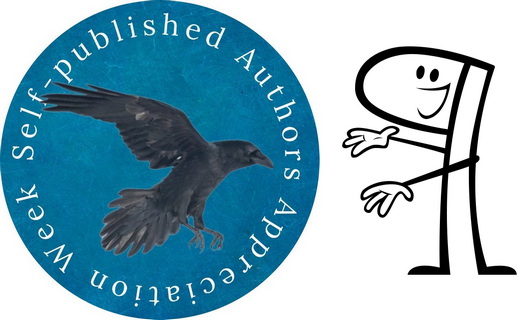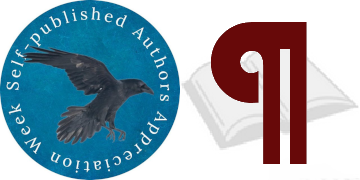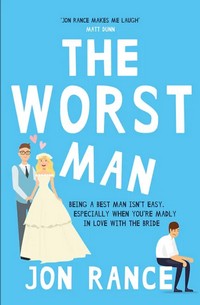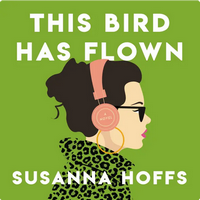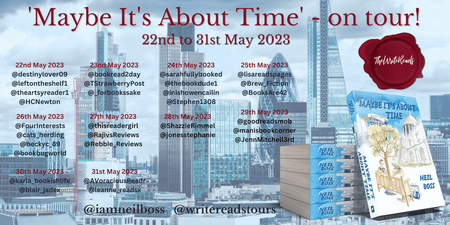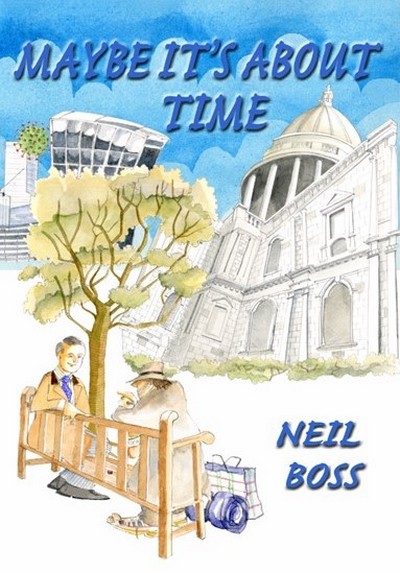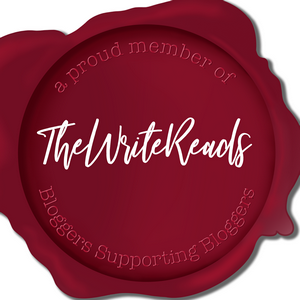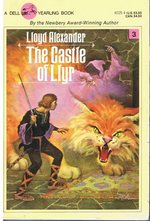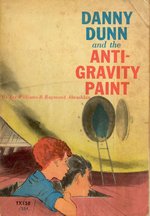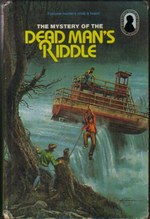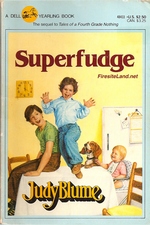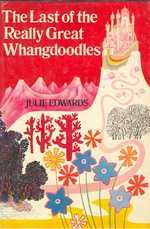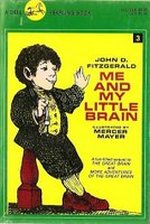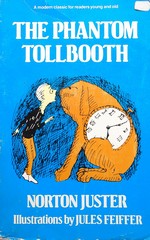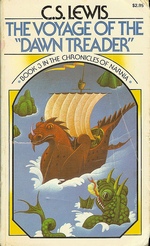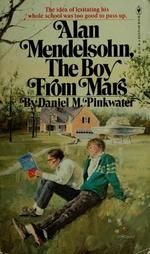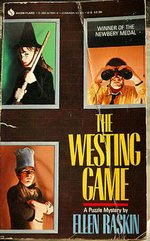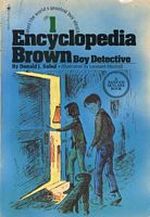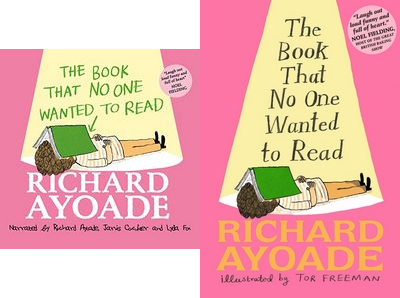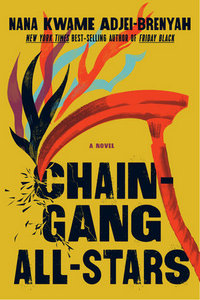So this isn’t technically part of my Self-Published Authors Appreciation Week posts, but it could be. I just would’ve posted this today no matter what else was going on around here because it’s Publication Day! Here’s your chance to show your appreciation for this particular self-published author and give this a big push right out of the gates—you’ll come out ahead if you do this, it’s such a great read. Later today, I will have a Q&A with Hanover about Self-Pulblishing—ycome back for it.
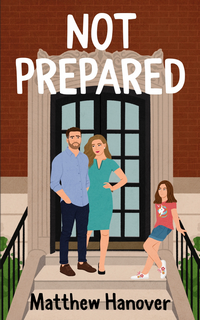 Not Prepared
Not Prepared
DETAILS: Series: Wallflowers, #4 Publication Date: July 25, 2023 Format: eARC Read Date: July 7-10, 2023

The Series
Let me start with this—I’ve labeled this as the fourth book in the Wallflowers series (I prefer to think of it as the Alli-verse, but whatever, I’ll go with Hanover’s title). This does not mean you need to read the other three first. There’s only the thinnest little thread tying these together and there’s no reason not to read them all as stand-alones.
What’s Not Prepared About?
Our protagonist, Neil, is a single photographer approaching 40. He’s fairly successful and comfortable with his life—which is primarily about his work and staying healthy. He enjoys a few romantic dalliances but stopped pursuing anything serious some time back. He’s fairly free and likes his life—outside of some family he rarely sees (largely due to circumstance, not preference), he really has no ties. Well, there’s the daughter of his childhood friend—Neil was named her godfather when she was born a little over a decade ago, shortly before his friend died. He’s seen her a few times over the years and babysat her occasionally, but that’s about it.
One night, the now 12-year-old Chloe shows up on his doorstep. Chloe says her mom dropped her off on her way out of town for a few days and that she needs to stay with Neil. It’s not really the most convenient or thoughtful way to do this, but Neil doesn’t begrudge Chloe for it—her mother, Sara, has never been thoughtful or responsible so it fits.
The next day, Neil takes Chloe to get some clothes—Sara left her without any. He’s not crazy about this, but it needs to happen. Neil’s really not crazy about helping her find underwear or a training bra. Thankfully, there’s a woman near them in the store who sees Neil’s predicament and comes to his aid.
Naturally, because it’s this kind of book, there’s a spark between this woman, Jenna, and Neil. A couple of days after their meet-cute, the two meet for coffee. The sparks are still there—and Jenna’s able to give Neil a hint or two about dealing with Chloe.
Neil’s going to need more than a hint or two because Chloe eventually comes clean with him—she has no idea where her mom went and when/if she’ll be coming home. Chloe’s looking for a new home and family, and she’s picked Neil (and would like Jenna to be part of it, too).
This is the last thing that Neil bargained for, but he’s drawn to the idea (about both Chloe and Jenna). Now the question is, can they make it work?
Chloe
When I posted about Hanover’s first book, Not Famous, I spent a lot of time talking about the protagonist’s younger sister. She wasn’t that integral to the plot, but brought out aspects of the central characters you wouldn’t have seen otherwise—but more than that, she’s a perfectly charming character that you wanted to see more of. In Not Prepared, Hanover takes a very similar character and makes her the focus of the novel.
If that’s all he did, I’d be a fan of the book—thankfully he does more (some of which I’ll talk about in a minute). But let’s focus on Chloe for a moment.
So, obviously, she’s a mess. Her mother abandoned her and it’s pretty clear that before she literally abandoned her, Sara put the minimal amount of effort (at best) in before that. She’s not used to being cared for, for having limits placed on her, for having a reliable presence of any kind—once she’s given those she responds well to them and flourishes (probably responds a bit too well, but we’re not looking for gritty realism here).
Chloe’s also obviously an intelligent and resourceful girl who sees her opportunity and seizes it. Not simply for her physical needs—but she’s long had an emotional tie to Neil and she makes the most of her time with him to feed and nurture that bond. It takes Neil a bit to understand just what he’s meant to her for so long, but once he does he reciprocates.
It’s both the portrayal of Chloe and the depiction of their relationship—in all of its ups and downs, flaws and strengths—that makes this book so strong
A Meeting of Anxieties
Neil suffers from health anxiety—a term he (understandably) prefers to hypochondria—which leads him to spend a lot of time in hospitals and doctor’s offices. He’s both very aware that he’s very likely completely healthy and yet he’s frequently convinced that he has any number of undiagnosed conditions or ailments, frequently exasperated by news reports or pharmaceutical commercials. This is something that’s impacted his life as long as he can remember—and having a dear friend die at a young age likely didn’t help. As a result of this, he’s rather health conscious, particularly when it comes to the food he buys and prepares. Which is exactly what a 12-year-old doesn’t want to hear or experience.
Jenna struggles with brumotactillophobia (a form of OCD relating to foods touching each other), which sounds like something to chuckle over, but for Jenna, it’s a serious and frequently embarrassing issue.
Neil’s lost relationships—short-term and incredibly serious—because of his anxiety. Jenna has, too—the number of first dates she’s had that have ended in disaster is the kind of thing to make anyone into a social hermit. Because they can relate to each other’s hardships—and because they’re basically decent people capable of empathy—both of them can understand and accept the other. In fact, it’s an early way for them to bond. There are points throughout the novel where they’re able to help each other with their anxiety, which just made me love them as a couple and like the book even more.
Chloe’s better for spending time with both of them and seeing how they cope and deal with their anxieties—she’s better than any of the characters in the book at supporting them through bumps in the road. As I type this, I realize it’s due in part to her having spent her entire life taking care of her mother, so maybe it’s not as heartwarming a point as I initially thought. Still, it endeared me to her.
Alli Conwell
For years, one aspect of Marvel (and related) movies that was a sure-fire pleaser was the inventive way that Stan Lee would show up in some sort of cameo. Hanover’s not quite at that point with the singer-songwriter that was at the center of his first novel, Not Famous, but it’s in sight.
I do enjoy seeing how Alli will pop up in the various books. And somehow—don’t ask me how, I’m worried it’s a sign of cognitive decline—when she does pop up I’m surprised.
Me: Oh, wow! That was great that he tied Alli into this.
Voice in My Head: You mean like he always does? Why weren’t you looking for it?
Me (grumbling): Shut up.
In a way that won’t bother anyone who’s never read a Hanover book before, her presence is felt throughout the novel, beginning with one of my favorite lines of the book.
Post-Credits Scene?
If Marvel (and other) movies* have taught us anything in the last 15 years, it’s that you don’t leave the movie theater until the credits have stopped rolling and all the lights have come up. Period. Sure, you’ll get a complete story if you do, but you’ll be missing something.
Hanover has provided his readers with a “post-credits” chapter—a bonus chapter that you can access for free. Now, if you don’t, you will get the entire story and you should be completely satisfied (I sure was). But the bonus chapter? That will make you happier and give you a better idea of what will happen to our characters. My ARC didn’t have the entire bonus chapter—but it had enough to give me that boost that a good-post credits scene does (and it gives me a reason to actually open the version I pre-ordered, so I can access the rest of it).
* That’s entirely too many Marvel movie references for a post here—particularly for a book bereft of super powers. Oops.
So, what did I think about Not Prepared?
This is the best thing that Hanover has published—it’s also my favorite so far. Any of the three central characters would be enough to qualify the book for the latter—but you throw them together, and it’s a lock.
Jenna is an independent, self-assured woman who knows her limitations, has a strong sense of self and her morality, and because of that, is able to let herself be vulnerable and open to those she wants to be vulnerable and open to. She makes room for Neil and Chloe because it’s her choice, not because she’s driven to, or needs something.
I’ve said enough about Chloe at this point that any more would be overkill—so I’ll leave it with saying that she’s an adorable kid that I want to read a sequel or three about (but not really, because I’d rather imagine what happens after this than know).
Then there’s Neil—a mature narrator/protagonist, rather than the twentysomething still trying to figure out what kind of life he wants. Neil has his life, he’s responsible, his career’s in a good place. Somewhat by force and a sense of duty (with a twinge of guilt), but primarily because he wants to—he changes his life to accommodate Chloe. This will ultimately prove to change his whole life for the better.
There are no easy answers in Not Prepared, nothing works out just the way that any of the characters are looking for or expect (no readers, I’d wager). But there’s hope, there’s possibility, there’s a solid base for good things for them all. I think this is as good a sign for Hanover’s storytelling as it is for the book itself—there’s some mature writing at work here.
Possibly my favorite thing here is that while this book is at heart a Rom-Com, the romantic story takes a backseat to the love story between the girl who needs a family and a bachelor who didn’t expect one. There’s still plenty of “rom”, and a good amount of “com” of a handful of stripes (particularly when it comes to a single man being thrust into dealing with a young girl at the cusp of puberty)—but there’s a lot more, too.
It’s all told with Hanover’s trademark wit, charm, and grace—prose that moves so smoothly you don’t realize how long you’ve spent sucked into his book. He won me over starting at the prologue, and I don’t know if I stopped grinning throughout (well, except to chuckle or smile). The emotions are real and grounded—both positively and negatively. His depictions of anxiety really impressed me, and there are scenes between Chloe and Neil that got me choked up.
I strongly recommend this warm comedy about an unorthodox way to start a family.
Disclaimer: I was given a copy of this ARC by the author in exchange for this post. Which gave me something to opine about, but otherwise didn’t influence my opinion.

![]()


